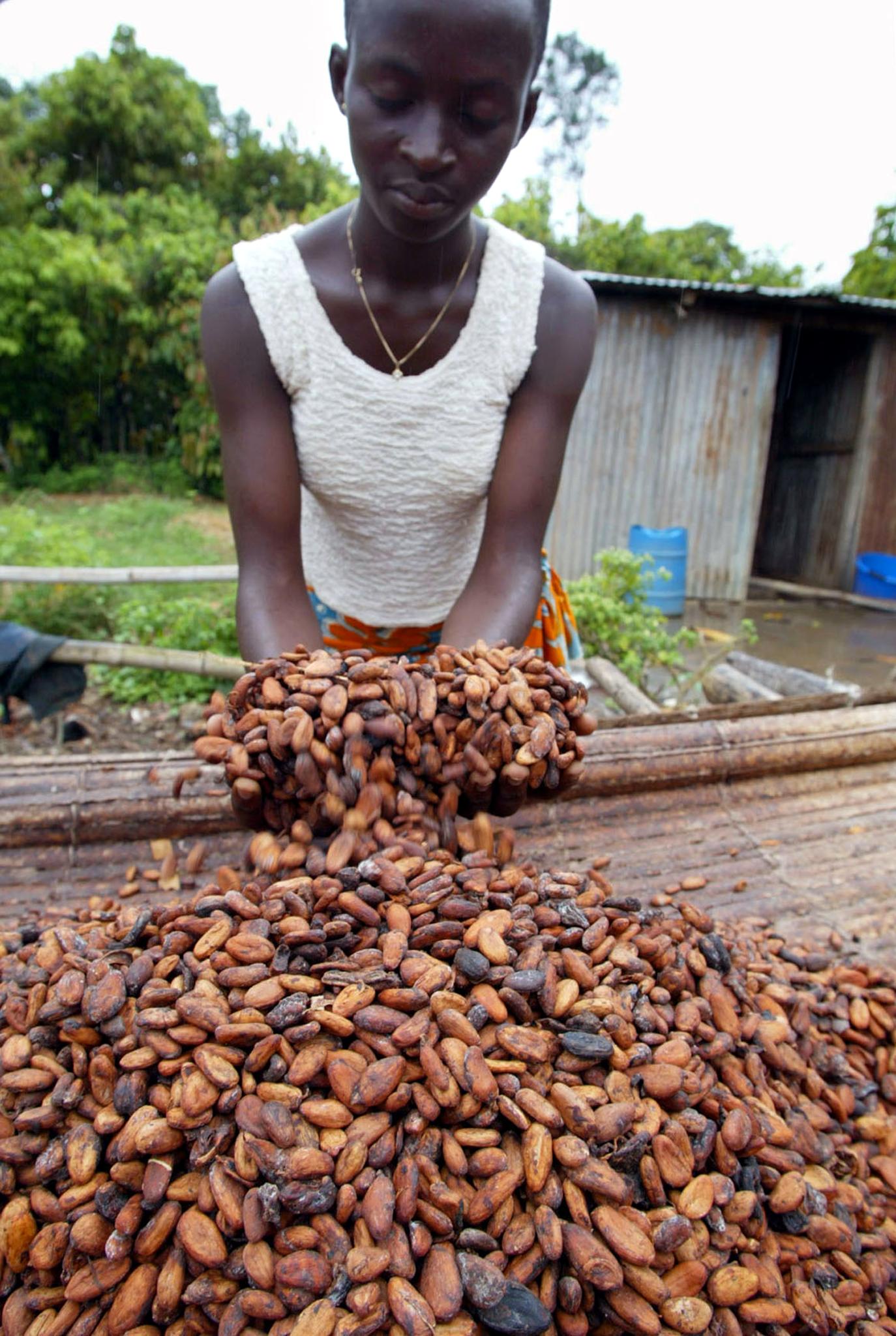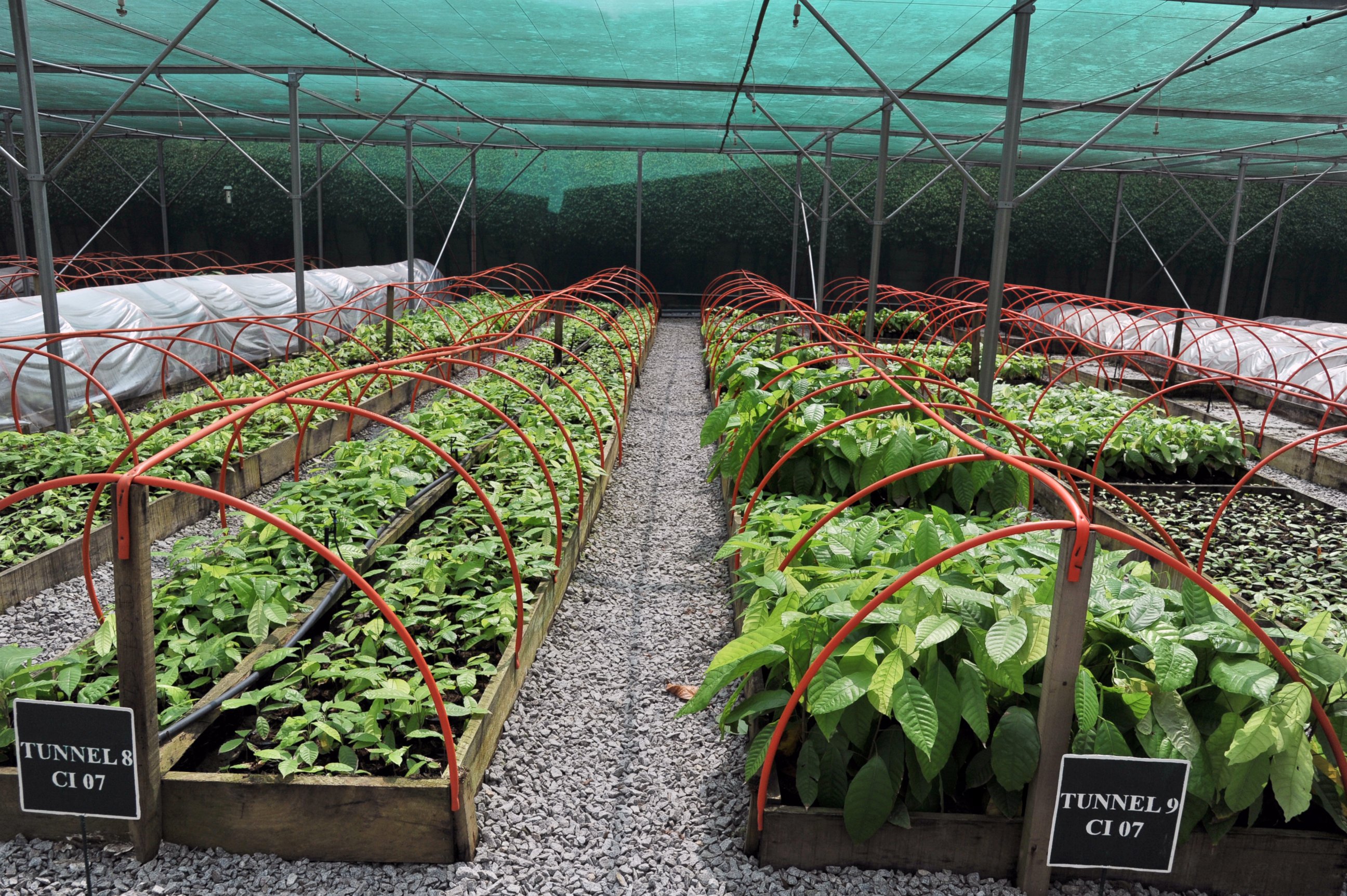Why Chocolate Could Be the Next Casualty of the Ebola Outbreak
About 70 percent of the global cocoa supply comes from West Africa.

— -- Fears that the Ebola virus may spread to more countries in West Africa could also affect one of the region's major exports, cocoa, which has been steadily increasing in price over the last year.
About 70 percent of the world's cocoa supply comes from West African nations, with Cote d’Ivoire and Ghana accounting for over 55 percent of global cocoa supply, according to IBISWorld chocolate analyst Amal Ahmad. But the recent surge in cocoa prices is not the result of the Ebola outbreak, Ahmad told ABC News.
Nigerian Ebola Hoax Results in Two Deaths
Up Close With Patients in the Throes of Ebola
The price per ton of cocoa has increased steadily since May 2013, according to the International Cocoa Organization. The price of coca was $3,330 per ton this morning, compared to $3,252 on Aug. 29. Last month, cocoa prices reached highs not seen since January 2011.
Ahmad said rising cocoa prices have so far had more to do with basic economic trends –- strong global demand outstripping limited global supply -– than with Ebola. The epidemic will raise cocoa prices significantly only if it affects workers in cocoa fields, limiting global supply further, Ahmad said.
The current outbreak is the worst since the Ebola virus was first identified in 1976, with more than 6,000 reported cases, about half of them fatal, according to the World Health Organization.

The big players will be affected more than smaller artisan producers, who do not lean as heavily on West African beans and instead favor cocoa from Central and South America or the East Indies, said Michael Laiskonis, creative director at the Institute of Culinary Education.
ADM, one of the world's largest food manufacturers, has cocoa bean facilities in Cameroon, Côte d'Ivoire and Ghana, plus cocoa processing operations in the latter two countries. None of those countries have reported cases of Ebola, according to the WHO. Jackie Anderson, a spokeswoman for ADM, which bills itself as the world's premier cocoa and chocolate manufacturer, said that cocoa operations have not been impacted in West Africa. However, the company is monitoring the situation closely, Anderson said.

As the primary October harvest approaches, all eyes are on the ongoing spread of the virus, the restricted mobility of the migrant workforce, and the transport of the commodity itself throughout and out of Côte d'Ivoire and Ghana, Laiskonis said.
"Though the Ebola outbreaks presents an unprecedented crisis, the general political and social conditions in many cocoa-growing regions has occasionally been cause for caution amid the global trade" Laiskonis said.




